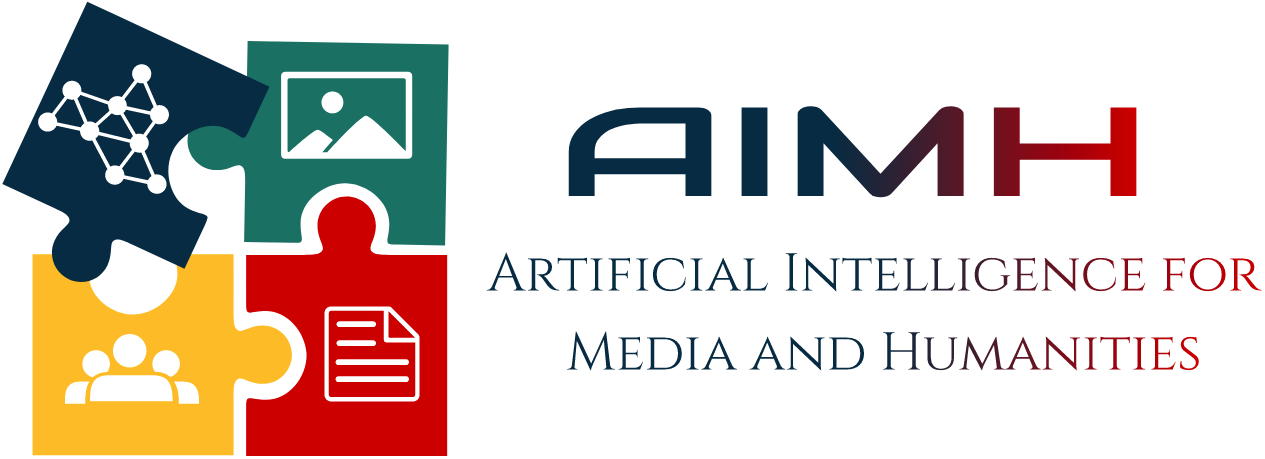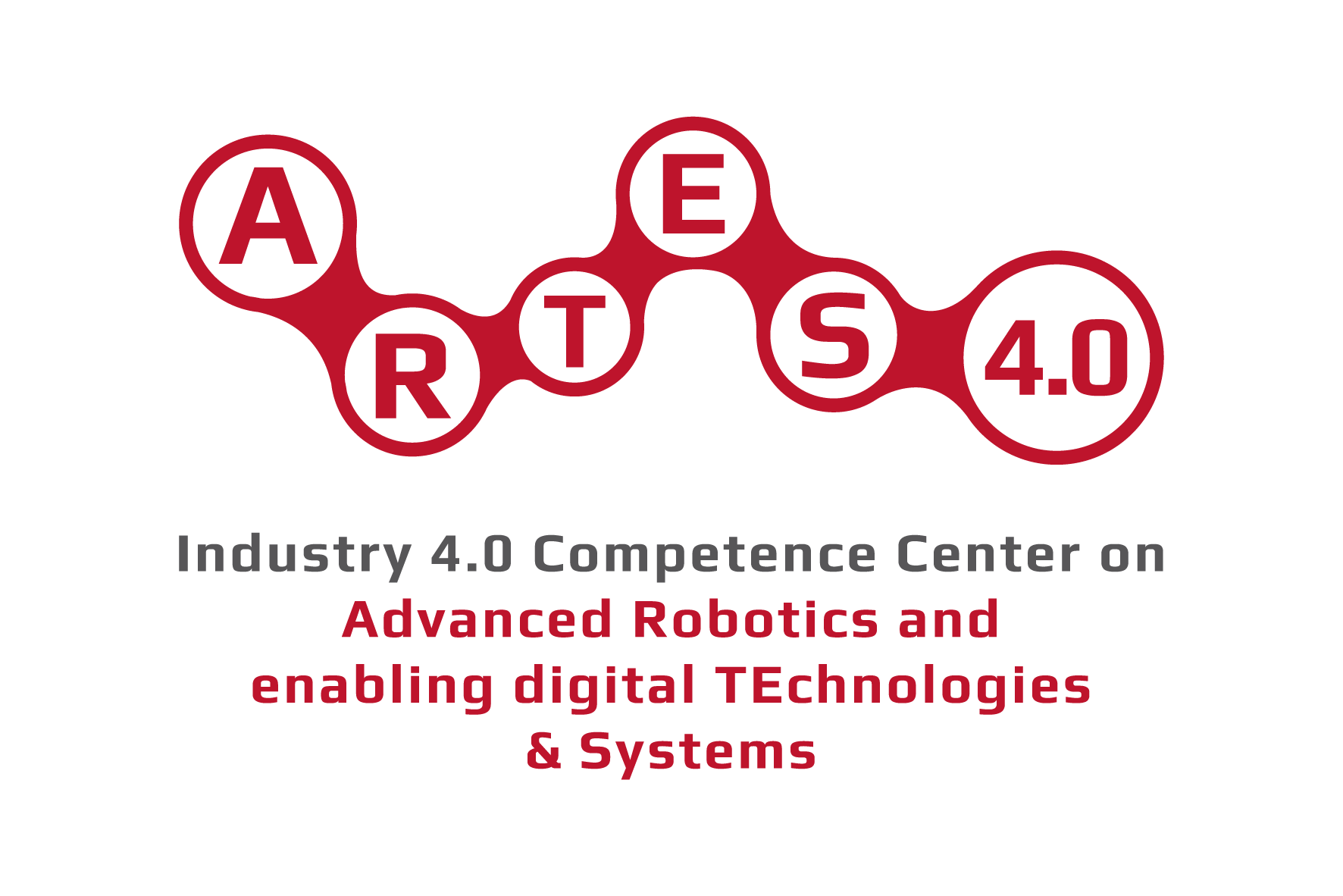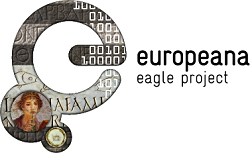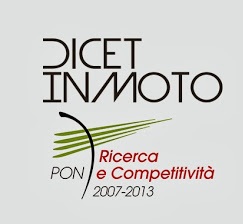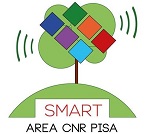AI4EU
European Project
In January 2019, the AI4EU consortium was established to build the first European Artificial Intelligence On-Demand Platform and Ecosystem with the support of the European Commission under the H2020 programme. The activities of the AI4EU project include:
- The creation and support of a large European ecosystem spanning the 28 countries to facilitate collaboration between all Europeans actors in AI (scientists, entrepreneurs, SMEs, Industries, funding organizations, citizens…);
- The design of a European AI on-Demand Platform to support this ecosystem and share AI resources produced in European projects, including high-level services, expertise in AI research and innovation, AI components and datasets, high-powered computing resources and access to seed funding for innovative projects using the platform;
- The implementation of industry-led pilots through the AI4EU platform, which demonstrates the capabilities of the platform to enable real applications and foster innovation;
- Research activities in five key interconnected AI scientific areas (Explainable AI, Physical AI ,Verifiable AI, Collaborative AI, Integrative AI), which arise from the application of AI in real-world scenarios;
- The funding of SMEs and start-ups benefitting from AI resources available on the platform (cascade funding plan of €3m) to solve AI challenges and promote new solutions with AI;
- The creation of a European Ethical Observatory to ensure that European AI projects adhere to high ethical, legal, and socio-economical standards;
- The production of a comprehensive Strategic Research Innovation Agenda for Europe
The establishment of an AI4EU Foundation that will ensure a handover of the platform in a sustainable structure that supports the European AI community in the long run.
ARTES 4.0
Advanced Robotics and enabling digital TEchnologies & Systems 4.0
ARTES 4.0 was created to unite University Partners, Research Bodies, Highly Qualified Training Institutes, Foundations, Third Sector & No Profit entities, but also private Associations and Innovative Companies in order to provide Partners and industry (in particular SMEs) technologies and services responding to their needs through guidance, training, innovation projects, industrial research and experimental development
Extension
ESA Project
The City of L’Aquila, after the earthquake of 2009, tried hard to recover the cultural heritage that seemed to have been lost forever, while looking for its own history among the rubble. Hence the need to preserve what has been rebuilt and what has yet to be restored. Therefore the purpose of this Project is to create an end-to-end service for the City of L’Aquila which provides the possibility for the Municipality to enhance both preservation and fruition and diffusion of its cultural heritage. The improvements we pursue are low latency and greater information volume, possibility to map surface deformation, precise georeferencing, possibility to access information and contents which would not be visible otherwise.
BetterWorld
progetto co-finanziato dal POR FESR Toscana 2014-2020

𝗡𝗔𝗨𝗦𝗜𝗖𝗔𝗔
NAUtical Safety by means of Integrated
Computer-Assisted Appliances 4.0

SSHOC
European Project
The project aims to provide a full-fledged Social Sciences and Humanities Open Cloud (SSHOC) where data, tools, and training are available and accessible for users of SSH data.
The focus of the project is determined by the goal to further the innovation of infrastructural support for digital scholarship, to stimulate multidisciplinary collaboration across the various subfields of SSH and beyond, and to increase the potential for societal impact.
The intention is to create a European open cloud ecosystem for social sciences and humanities, consisting of an infrastructural and human component. Development, realisation and maintenance of user-friendly tools & services, covering all aspects of the full research data cycle will be built, taking into account human-centric approach and creating links between people, data, services and training. SSHOC will encourage secure environments for sharing and using sensitive and confidential data. Where relevant, the results of EOSC-hub H2020 project will be adopted.
ADA
National Project
The general objective of the project is to create a platform that allows collecting and managing the great flow of knowledge within companies to support the various acquisition activities (participation in tenders, commercial offers), design and production, testing, certification and maintenance of complex products.
Manufacturing industry produces a consistent flow of data and information consisting of texts, graphics and images representing the know-how of human personnel.
The project will develop a platform that allows the acquisition, organization and smart retrieval of information from texts and technical images, in the different phases of the production cycle.
Eagle
European Project
EAGLE is a Best Practice Network that brings together some of the most prominent European institutions and archives in the field of ancient epigraphy to provide a significant quantity and quality of content for Europeana.
Smart News
National Project
SmartNews nasce dall’idea di applicare il paradigma del social sensing, nel quale gli utenti fungono da sensori per molteplici situazioni, al mondo del giornalismo.
A partire dell’enorme mole di dati condivise dagli utenti dei social media, l’obiettivo del progetto SmartNews è realizzare un tool per la gestione delle breaking news che aiuti i giornalisti nelle diverse fasi di questo processo: dall’individuazione della breaking news, alla raccolta di informazioni, alla scrittura.

Secure
International Project
RUBICON
FP7 Project
This project will create a self-learning robotic ecology, called RUBICON (for Robotic UBIquitous COgnitive Network), consisting of a network of sensors, effectors and mobile robot devices.
ASSETS
International Project
ASSETS is a 2 year project- co-funded by the CIP Policy Support Programme- which aims to improve the usability of Europeana by developing,
implementing and deploying software services focused on search, browsing and interfaces. ASSETS strives also to make more digital items available on Europeana by involving content providers across different cultural environments.
Dicet In Moto
National Project
The general aim of the project is the development of an ensemble of technological solutions oriented towards the intelligent evaluation of the cultural patrimony, material and immaterial, of the Campania region for the use of tourists, visitors and citizens, with respect to the principles of sustainability and eco-friendliness.
Smart Campus
National Project
In the smart cities context, in the second half of 2013 CNR launched a project entitled Renewable Energy and ICT for Energy Sustainability. The project was based on the widespread use of renewable energy sources (and related storage technologies and energy management) and
the extensive use of ICT technologies for an enhanced management of the energy flows, thus making the energy services more efficient by adapting them to the demand (and,therefore,encouraging the energy saving and the energy rational use), with the informed involvement of citizens.

GeoMemories
National Project
The use of aerial photographs of World War II to create historical maps gave us the idea of creating a database of historical information browsable by geographical and historical paradigms.The acquisition of historical information will cover from semantic web, social web, and web data mining techniques.An important source of news may be derived from the implementation of a social system for collecting memories.
VISITO
National Project
The Purpose of the project “VISITO Tuscany” is to investigate and realize technologies able to offer an interactive and customized advanced tour guide service to visit the cities of art in Tuscany.

IPERMOB
National Project
Within the domain of “Intelligent Transport Systems IPERMOB proposes a multi-tier approach for developing an Information System for urban mobility.
Specifically IPERMOB proposes low-cost wireless technology (WSN) and image processing techniques to estimate traffic-related information.
In IPERMOB vehicular networks (IEEE 802.11a/p) will be interoperated with WSN (IEEE 802.15.4) and connected to a centralized database through wide band 5 GHz link (IEEE 802.11h).
As tested, IPERMOB will provide real-time information about parking availability and vehicle flows on the landside of the International Airport of Tuscany (Pisa).

MOTUS
National Project

SAPIR
International Project
SAPIR extends the power of web searches beyond centralized text and metadata searches to include distributed audio-visual content.
SAPIR aims at breaking this technological barrier by developing a large-scale, distributed P2P architecture that will make it possible to search audio-visual content using the query-by-example paradigm. A common framework for feature extraction from all media contents will be developed for similarity search and ranking along all supported media. To address scalability issues, we will develop a P2P architecture where features can be extracted in one peer and pushed to an indexing peer. The P2P architecture will provide a scalable indexing structure that can be used for multi-feature search.
MultiMatch
International Project
On the web, cultural heritage content is everywhere, in traditional environments such as libraries, museums, galleries and audiovisual archives, but
also in popular magazines and newspapers, in multiple languages and multiple media. The aim of the MultiMatch project is to enable users to explore and interact with
online accessible cultural heritage content, across media types and languages boundaries.
Mingei
European Project
Mingei explored the possibilities of representing and making accessible both tangible and intangible aspects of craft as cultural heritage (CH). Heritage Crafts (HCs) involve craft artefacts, materials, and tools and encompass craftsmanship as a form of Intangible Cultural Heritage. Intangible HC dimensions include dexterity, know-how, and skilled use of tools, as well as, tradition, and identity of the communities in which they are, or were, practiced. HCs are part of the history and have impact upon the economy of the areas in which they flourish. The significance and urgency to the preservation of HCs is underscored, as several are threatened with extinction.
ARIADNEplus
European Project
Giving the past a future: the integration of archaeological data infrastructures in Europe is vital to ensure researchers are able to search through vast data sets on a specific topic. Building on the success of the previous ARIADNE project, which successfully integrated archaeological data infrastructures in Europe (indexing some 2 million data sets on its portal), this EU-funded ARIADNEplus project will update the data and extend geographic and temporal coverage. Specifically, it will further develop relationships with key stakeholders to cover all of Europe. It will also develop a new data infrastructure embedded in a cloud that will offer the availability of virtual research environments where data-based archaeological research may be carried out. It will also simplify the search process with pre-compiled menus.
